Iranian FM: Arba’een march to Karbala angers, scares enemies
Iran’s foreign minister says the millions-strong Arba’een march, an annual event that marks the 40th day after the martyrdom anniversary of Imam Hussein (AS), symbolizes the fight against oppression and the struggle for freedom.
“As one of the largest gatherings of people in the world, the Arba’een march represents a colossal, noble and deep-seated motion, which annually brings together millions of Muslims from all over the world with different nationalities, races and languages to commemorate the martyrdom of Imam Hussein (AS),” Amir-Abdollahian wrote in a message published in Iraq’s Arabic-language al-Zora and al-Sabaah newspapers.
The top Iranian diplomat noted that faith in religion, trust in God, ethics, justice, defense of the oppressed, proximity of Muslim countries, confronting the arrogant, and formation of a united Muslim Ummah are among the fundamentals of the Arba’een procession.
Amir-Abdollahian described Arba'een as the path of light, which arouses the anger of the enemies of Islam.
"It is very clear that the enemies of Islam, especially the Zionist regime, are afraid of such solidarity and greatness, and try in various ways to stoke discord among Muslims by beating the drum of discord and promoting extremist ideas in Islamic lands. These hostilities require high vigilance from the people of the region to deal with this malicious ideology," he said.
The minister touched on the media affiliated to the domineering powers opting to ignore this great global event, or being content with broadcasting only short scenes of the mourning ceremony and even presenting a false narrative of a certain sect trying to gain geopolitical hegemony over other sects.
"All this shows their dissatisfaction with the effect of Arba'een of Imam Hussein (AS) in giving identity to the body of the Islamic society."
He also described the Arba’een pilgrimage as an outstanding example of good neighborliness between Iran and Iraq.
“The Arba’een procession has managed to demonstrate all human aspects of a popular event at the international level. This quality has turned Arba’een into a manifestation of friendly and brotherly bonds between Iranian and Iraqi nations,” Amir-Abdollahian said.
He underscored that Iraqi people have for many years offered services to Arba’een pilgrims of all nationalities, especially Iranians, irrespective of their ethnicity.
The popular and voluntary serving of Arba’een pilgrims is another remarkable feature of the march, he said.
“The affection for Imam Hussein (AS) has linked up the peoples of Iran and Iraq, and Arba’een is a beautiful image of friendship, sacrifice, hospitality and solidarity between the two nations,” the Iranian foreign minister added.
Arba’een brings together millions of people from across the world, who undertake an 80-kilometer (49.7-mile) walk between the holy Iraqi cities of Najaf and Karbala.
Last year, Iran’s government spokesperson said more than three million Iranian pilgrims had flocked to neighboring Iraq to participate in the annual Arba’een commemorations, setting a new record.
Imam Hussein (AS) and his 72 companions were martyred in the Battle of Karbala in southern Iraq in 680 AD while resisting the much larger army of the despot Umayyad ruler of the time, Yazid.
Hezbollah attacks Israeli forces after Lebanese homes blown up
World leaders, states hail ICC arrest warrants for Netanyahu, Gallant
MP: US accountable for possible Israeli 'foolishness' to attack Iraq
VIDEO | Israeli policies strangle Palestinian agriculture, economy
Iran's president offers condolences to Pakistan over terrorist attack
Canada’s Yukon town council at standstill over refusing oath to King Charles
Yemen's Houthi calls for jihad to protect Palestine against Israel
VIDEO | Internal rifts within Israel


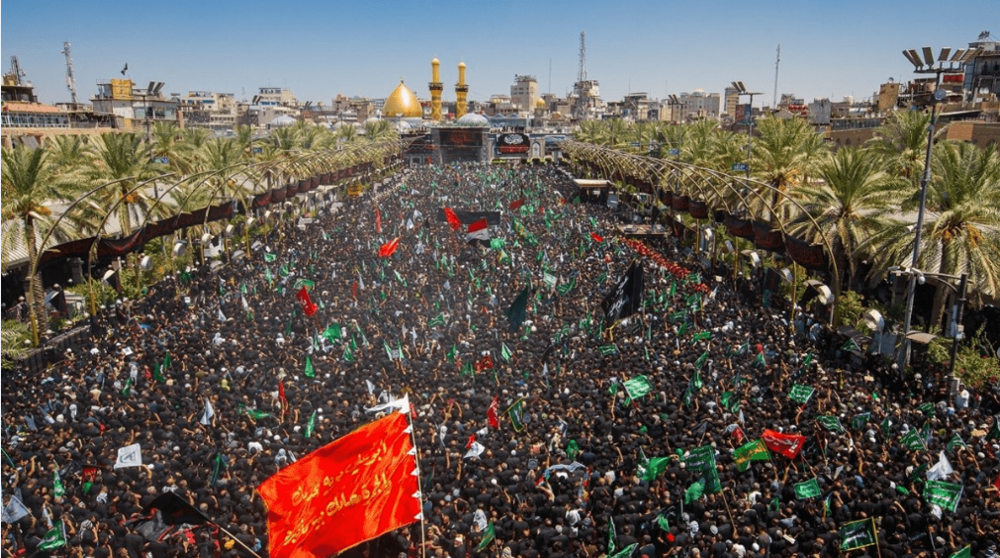
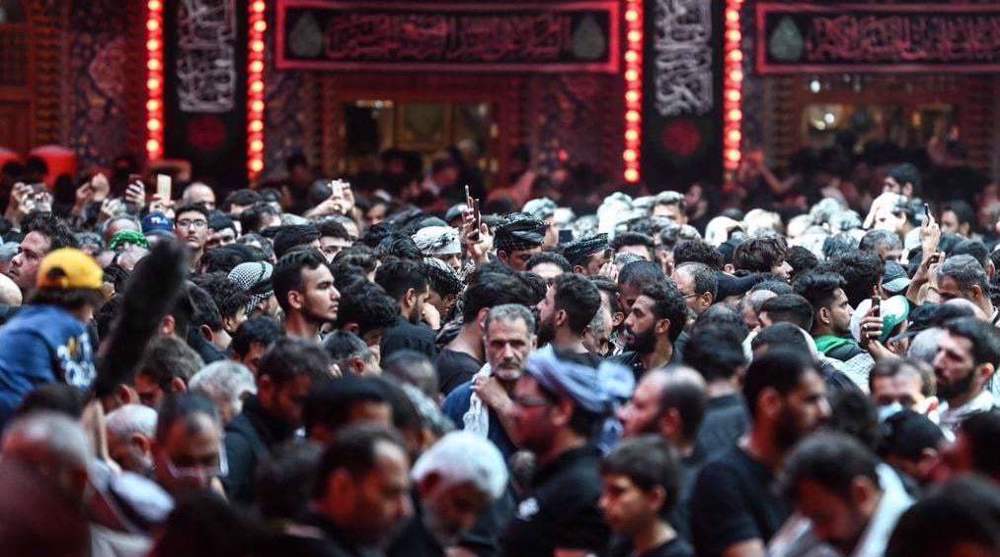
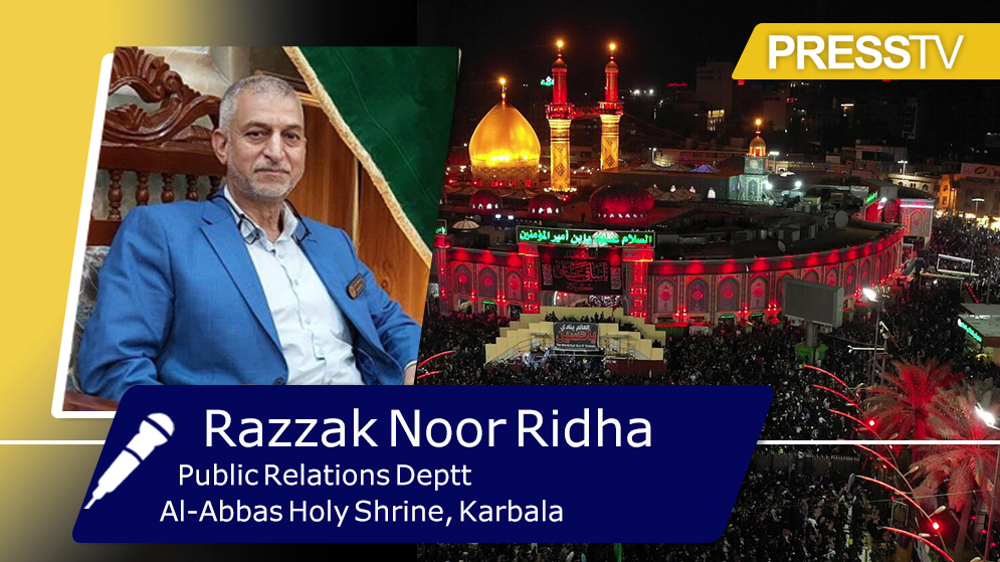
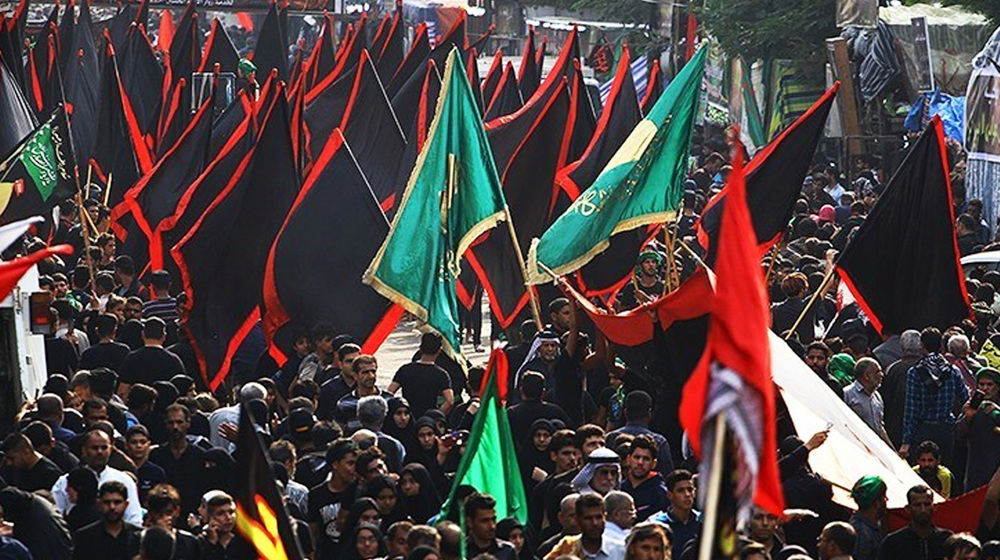
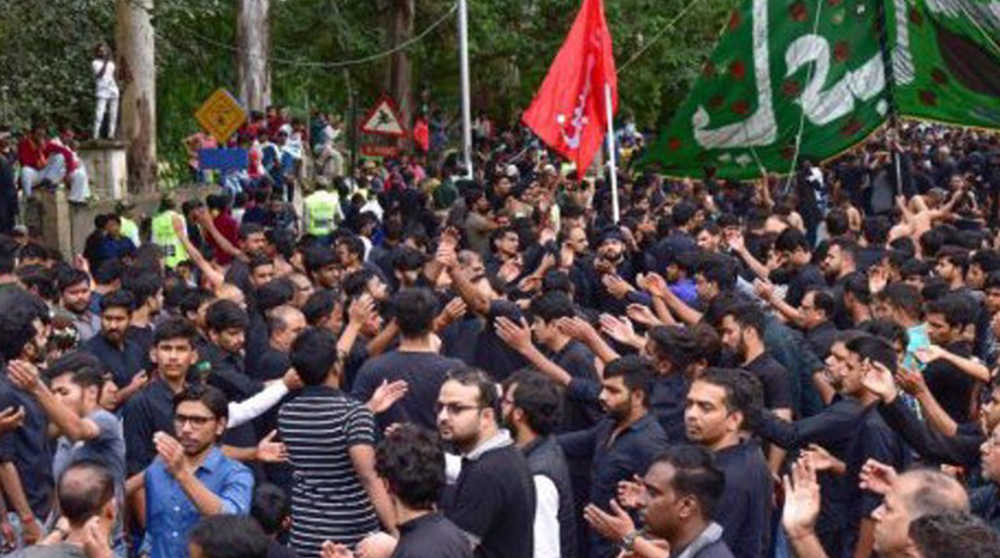



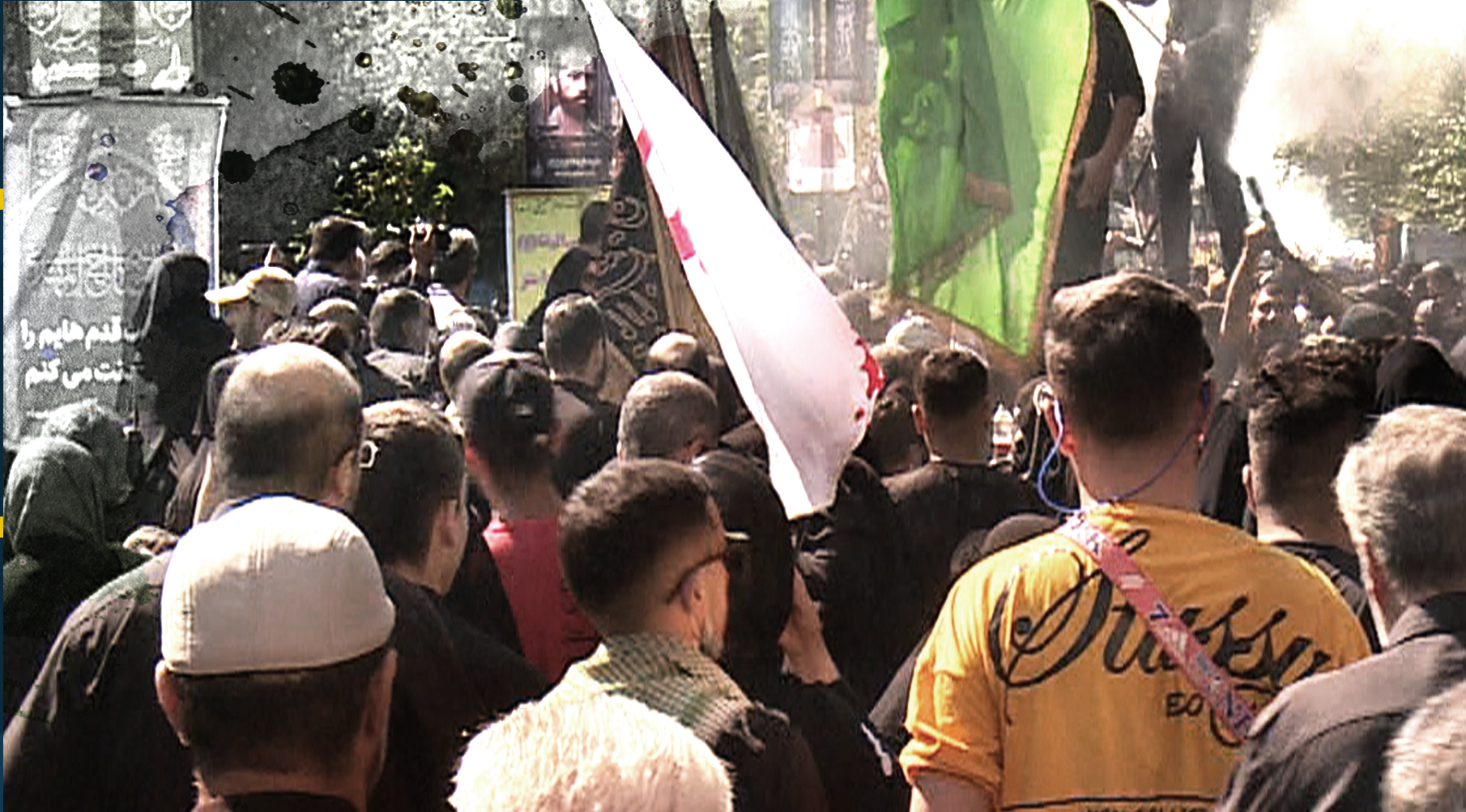
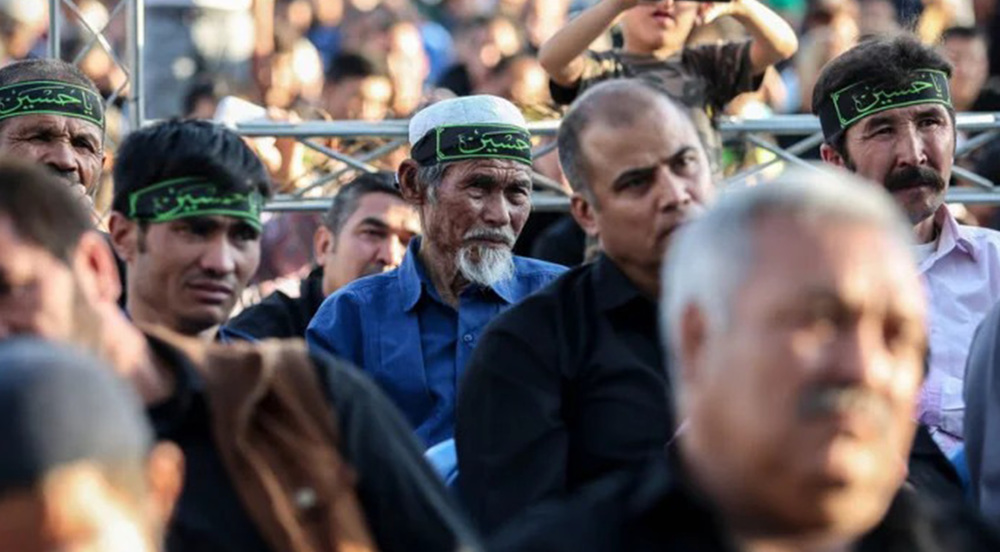
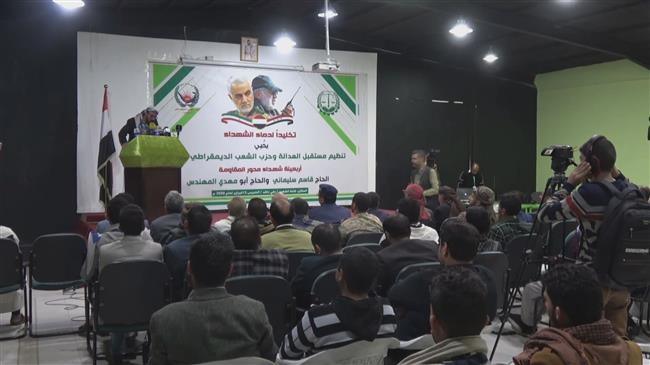
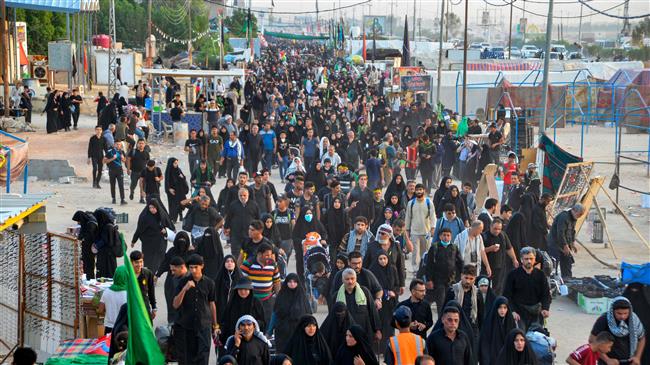
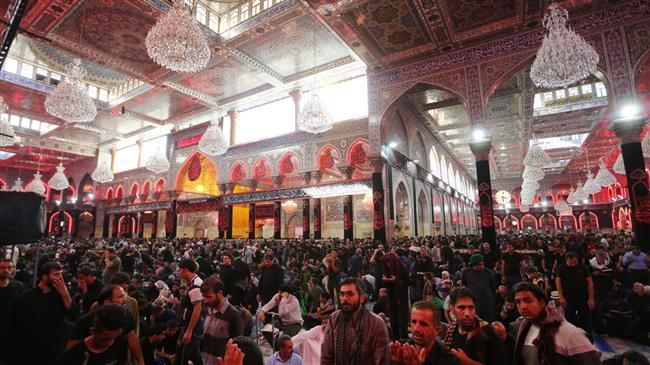
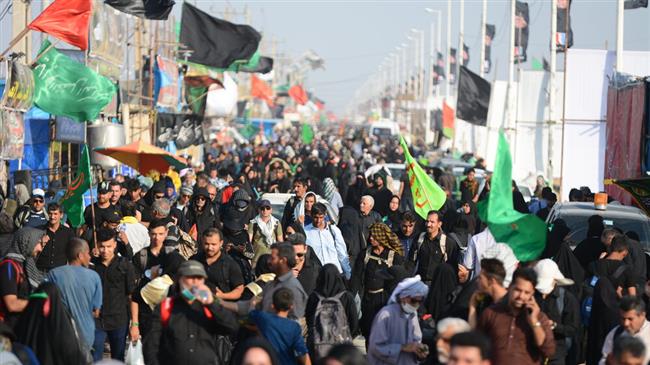
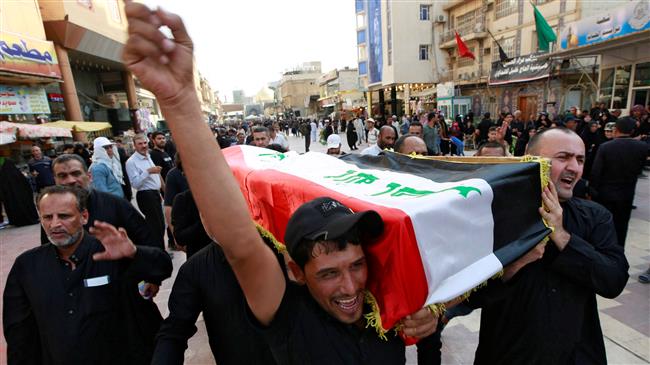

 This makes it easy to access the Press TV website
This makes it easy to access the Press TV website